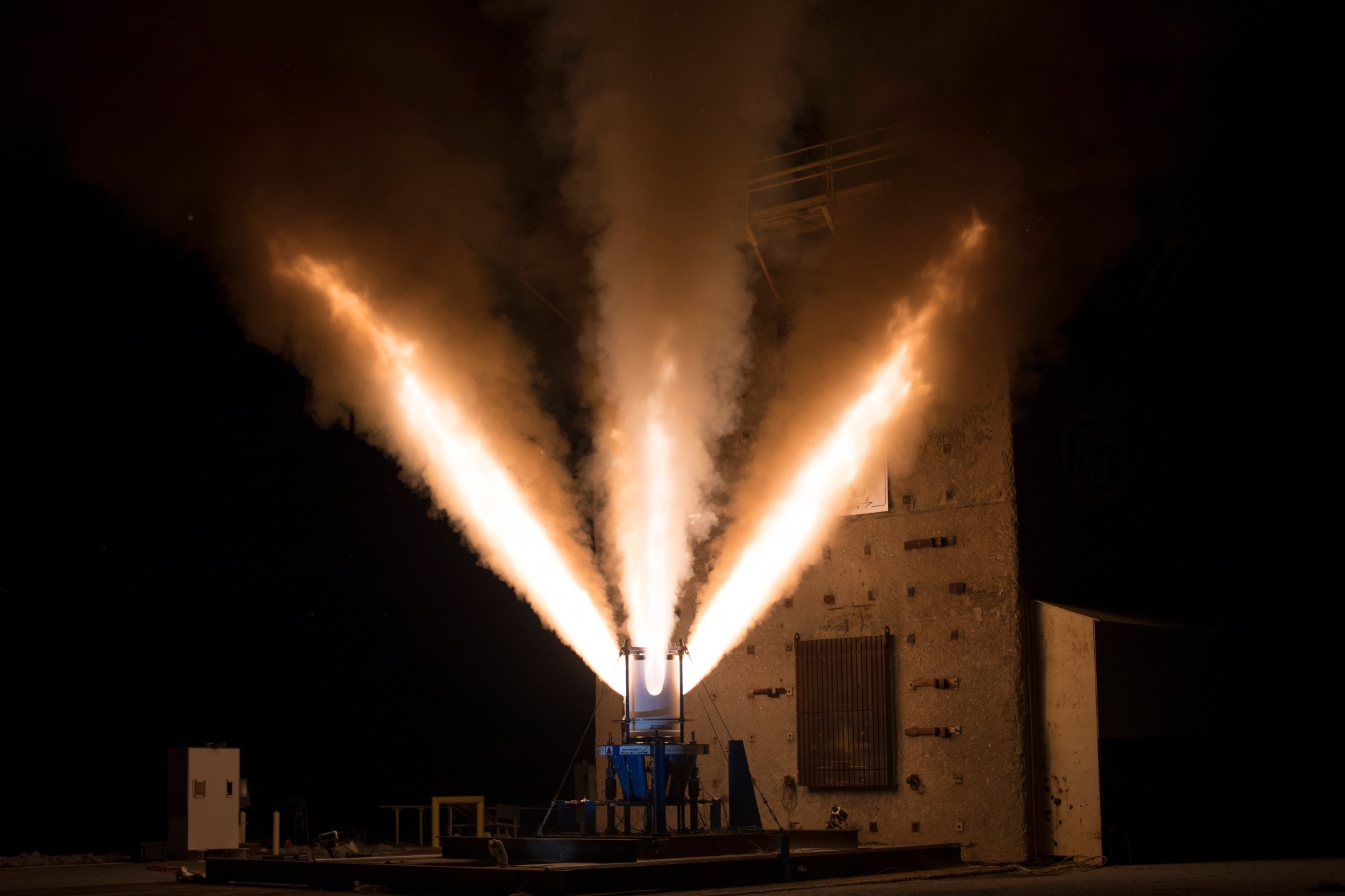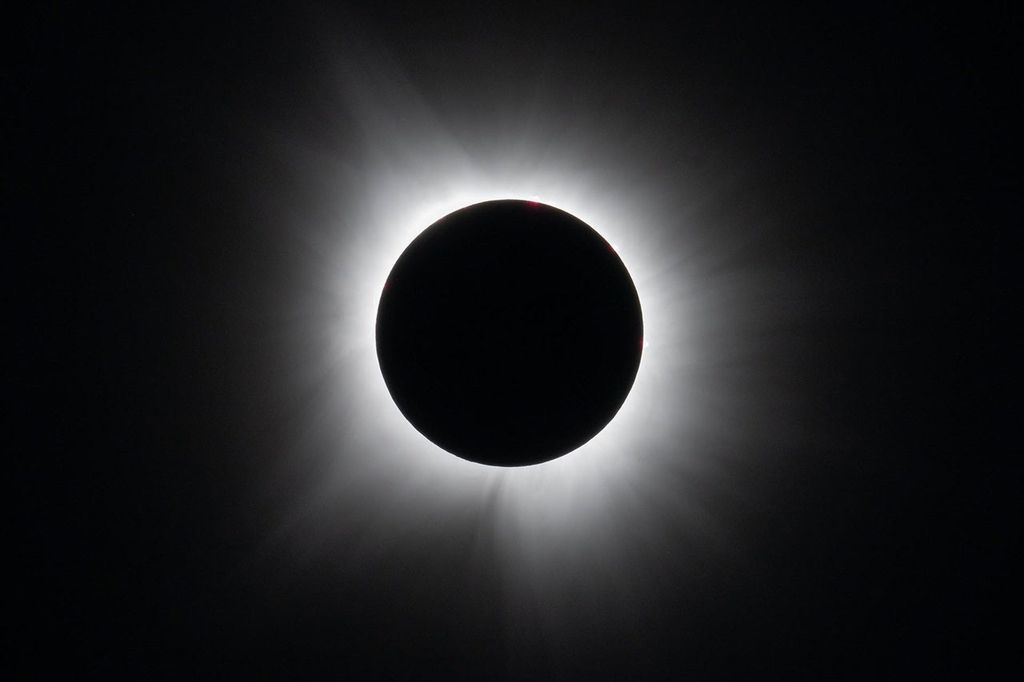
Media are invited to witness the final test for a motor on the launch abort system of NASA’s Orion spacecraft prior to the first crewed Artemis missions to the Moon. The test will take place Wednesday, Oct. 16, at the Redstone Test Center in Huntsville, Alabama.
NASA, with the help of contractors Lockheed Martin and Aerojet Rocketdyne, is certifying the jettison motor for human spaceflight on the Artemis II mission – Orion’s first flight with astronauts aboard and an important milestone in NASA’s Moon to Mars exploration approach. During this third and final test, the jettison motor will fire for just under two seconds on the ground, producing more than 40,000 pounds of thrust.
Before and after the hot fire test, media will have an opportunity to interview NASA astronauts Randy Bresnik and Don Pettit, Manager for Orion Avionics, Power, and Software Howard Hu, and additional subject matter experts. U.S. media wishing to attend should request accreditation by Noon, Tuesday, Oct. 15, from jenalane.rowe@nasa.gov.
The jettison motor is one of three motors comprising Orion’s launch abort system and is the only motor to fire on every mission. The launch abort system is designed to carry Orion and the astronauts inside to safety if an emergency arises on the launch pad or during Orion’s climb to orbit. In the unlikely event of an abort, the jettison motor is the last of the three motors to fire and is responsible for pulling the launch abort system away from the capsule so the parachutes can deploy and begin slowing Orion’s descent toward a safe landing. The jettison motor also operates during normal mission scenarios to separate from Orion once the spacecraft is safely on its way to orbit and the launch abort system is no longer needed.
NASA’s Artemis lunar exploration program includes sending a suite of new science instruments and technology demonstrations to study the Moon, landing the first woman and next man on the lunar surface by 2024, and establishing a sustained presence by 2028. The agency will leverage its Artemis experience and technologies to prepare for the next giant leap – sending astronauts to Mars.
For more information about the Orion spacecraft and its launch abort system, visit:
-end-
Kathryn Hambleton
Headquarters, Washington
202-358-1100
kathryn.a.hambleton@nasa.gov
Laura Rochon
Johnson Space Center, Houston
281-483-5111
laura.a.rochon@nasa.gov
Janet Anderson
Marshall Space Flight Center, Huntsville, Ala.
256-544-0034
jenalane.rowe@nasa.gov
























